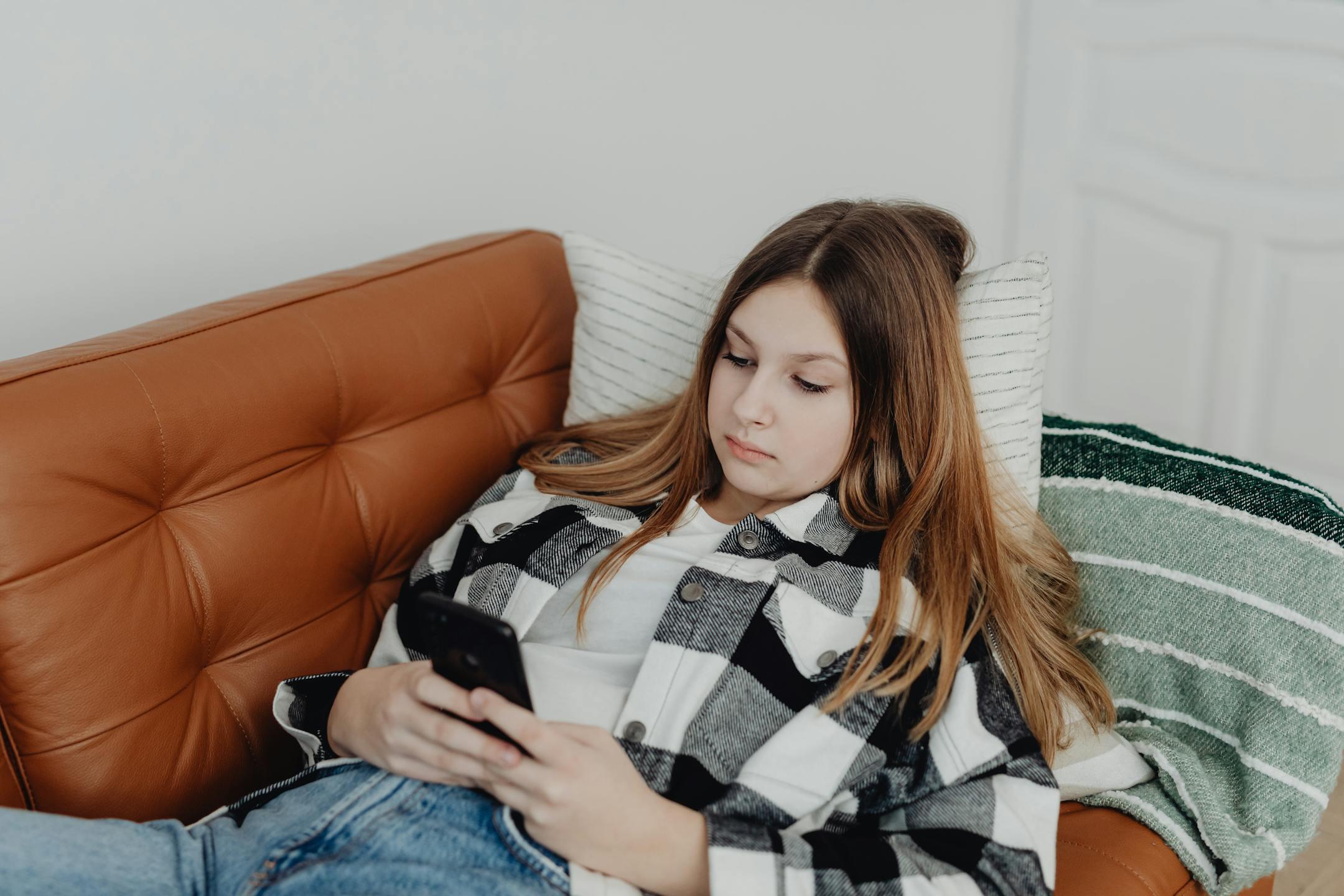
Social media has become woven into the fabric of daily life. From the moment we wake up until we go to bed, many of us check Instagram, TikTok, Facebook, or Twitter multiple times a day. These platforms help us stay connected, share our lives, and discover new ideas. But there’s a growing recognition — supported by research and lived experience — that social media can also take a serious toll on our mental health.
In my work as a therapist, I often hear clients in their 20s and 30s talk about how their mood, confidence, or relationships are shaped by what happens online. Some notice they feel more anxious after scrolling through feeds. Others describe the “comparison trap” — measuring their own lives against carefully curated images of others. Still others find social media fuels conflict in relationships or makes it difficult to truly unplug.
This blog explores the hidden impact of social media on mental health, including how endless scrolling affects mood and relationships, why comparison culture intensifies self-doubt, and practical steps you can take to create healthier boundaries with social platforms.
Social media isn’t inherently “bad.” In moderation, it can provide community, connection, and even joy. But problems arise when usage becomes excessive, compulsive, or tied to self-worth.
1. The dopamine loop
Social media apps are designed to keep you engaged. Every like, comment, or notification provides a small dopamine hit, which can create a cycle of craving and checking. Over time, this cycle can contribute to heightened anxiety when you’re not online and fleeting satisfaction when you are.
2. Sleep disruption and fatigue
Late-night scrolling can interfere with sleep quality, which in turn impacts mood, concentration, and energy. Many clients report waking up groggy after hours of “just one more video” the night before.
3. Emotional overwhelm
Exposure to a constant stream of news, opinions, and personal updates can lead to information overload. For some, this creates feelings of helplessness or emotional exhaustion — a sense of being drained before the day even begins.
4. Increased anxiety and depression
Research consistently shows a link between heavy social media use and symptoms of anxiety and depression, particularly in young adults. While the exact relationship is complex, the emotional rollercoaster of likes, comparisons, and negative interactions can worsen underlying struggles.
Our digital lives are deeply connected to our relationships. Social media can sometimes enhance bonds — but it can also create conflict, jealousy, and disconnection.
1. Communication breakdowns
Misunderstandings can happen quickly online, especially through text or comments without tone or context. Couples may argue about posts, time spent scrolling, or boundaries with online interactions.
2. Jealousy and trust issues
Seeing a partner’s interactions with others, or comparing your relationship to idealized ones online, can trigger jealousy and insecurity.
3. Reduced quality time
Even when partners or families are physically together, being absorbed in a phone can create emotional distance. Clients often describe feeling “alone together” — present in the same room but not truly connected.
Perhaps the most significant impact of social media is the way it fuels comparison.
1. Highlight reels vs. real life
People rarely post the full picture of their lives. Social media is a curated highlight reel — vacations, achievements, filtered selfies — without the struggles, failures, or messy in-between moments. Comparing your behind-the-scenes to someone else’s highlight reel can make you feel like you’re falling short.
2. Body image and appearance pressure
Apps like Instagram and TikTok often promote unrealistic beauty standards through filters, editing, and influencer culture. Constant exposure can erode body confidence and increase risk for disordered eating or negative self-talk.
3. Achievement comparison
Beyond looks, comparison extends to careers, relationships, and lifestyle. Seeing peers hit milestones (new jobs, engagements, home buying) can leave others feeling left behind — especially in their 20s and 30s, when life paths diverge.
The good news: you can take back control. Here are some practical strategies I recommend to clients:
1. Track your usage
Awareness is the first step. Use your phone’s screen-time tracker to see how much time you’re actually spending on apps. Many people are surprised by the hours that add up.
2. Set intentional limits
Decide when and how you’ll use social media. This might mean no phones before bed, or a 30-minute daily limit. Setting app timers can help.
3. Curate your feed
Unfollow or mute accounts that trigger comparison, negativity, or stress. Instead, fill your feed with people and content that inspire, educate, or make you feel good.
4. Schedule unplugged time
Plan regular breaks — even just an hour or two a day — when you intentionally disconnect. Replace scrolling with activities that recharge you: walking, journaling, connecting with loved ones offline.
5. Practice mindful use
Before opening an app, pause and ask: “Why am I checking this right now? What do I hope to get from it?” Being intentional helps prevent mindless scrolling.
If social media use feels out of control, or if it’s worsening your anxiety, depression, or self-esteem, therapy can help. Together, we can:
Social media is here to stay — but its impact on your mental health doesn’t have to control your life. With awareness, boundaries, and support, you can create a healthier relationship with technology and with yourself.
Ready to take the first step?
If you’ve noticed that social media is affecting your mood, relationships, or self-confidence, therapy can help you find balance and relief. I offer individual therapy in Kentfield, CA and telehealth sessions across CT, NY, MA, and FL.
Request a Consultation Today